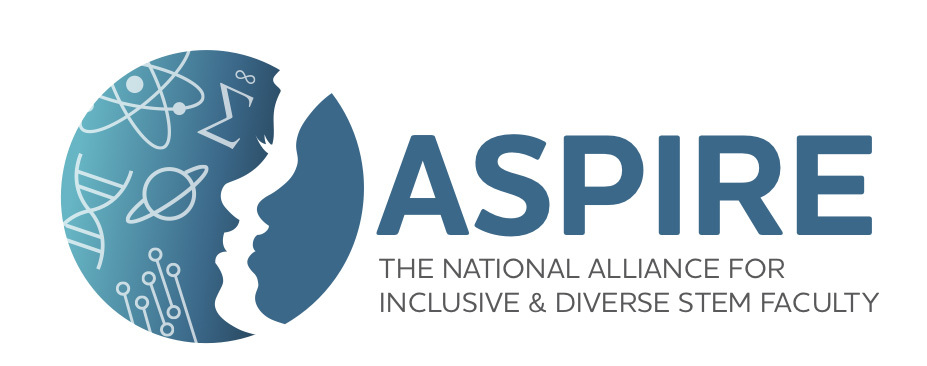
AMES – Iowa State University will join a national network of universities committed to enhancing the recruitment, hiring, and retention of diverse faculty in their institutions.
Aspire: The National Alliance for Inclusive & Diverse STEM Faculty is a three-year program co-led by the Association of Public and Land-grant Universities (APLU), and funded by the National Science Foundation as part of its INCLUDES initiative. The new cohort of 20 universities joins an inaugural set of 15 institutions that began working together earlier this year.
Iowa State and the other participating universities will begin their work with a self-assessment of current recruiting and professional development initiatives, with the aim of increasing diversity within their STEM professoriate, and ensuring all STEM faculty use inclusive teaching practices. The institutions will then develop and implement campus action plans to drive change, and to scale their efforts across all STEM programs.
“Iowa State has long been interested in creating a welcoming environment for diverse faculty – an environment that not only attracts them to campus, but helps them thrive through their careers,” said Dawn Bratsch-Prince, Iowa State’s associate provost for faculty. “Through the Aspire network we will be able to share the best practices at our campus, and learn from our partner institutions so that we can do an even better job in the future.”
The Aspire Alliance, facilitated by APLU and the Center for the Integration of Research, Teaching, and Learning (CIRTL) based at the University of Wisconsin-Madison, will work with the new cohort of universities through its Institutional Change (IChange) Network. The network provides comprehensive support and resources for institutional change.
Despite an increased national focus on diversity and its role in learning and student success, efforts to increase underrepresented faculty have not been as successful as intended, particularly in STEM. A 2019 NSF analysis revealed that underrepresented minority faculty occupied only nine percent of professorships in STEM fields at four-year institutions. Other research shows that when underrepresented students are taught by diverse faculty they achieve at significantly higher rates; significantly reducing the “achievement gap” between minority and majority students.
Bratsch-Prince notes that Iowa State has numerous programs to recruit and retain diverse faculty at the department, college, and institutional levels. Examples include:
- Equity advisors in the academic colleges who work with deans, diversity committees, department chairs and faculty to implement best practices for faculty searches, and support faculty success through the advancement pipeline.
- Diverse faculty/staff associations who support underrepresented faculty acclimate to the university and community.
- Multicultural liaison officers in each college who serve as a bridge between students, faculty, and administrators.
- Programming on inclusive classrooms, and inclusive teaching resources, through the university’s Center for Excellence in Learning and Teaching.
Michael Young, associate professor in Iowa State’s Department of Mathematics, was recently named as one of only 20 fellows in the inaugural cohort of the IAspire Leadership Academy, a program of the IChange Network that helps faculty from underrepresented groups aspire to academic leadership roles.
“Recruiting, hiring, and retaining more inclusive and diverse STEM faculty on our campuses is essential for the increased success of all STEM students, the increased quality and production of our scientists, and public universities’ ability to achieve their mission to improve lives,” said Travis York, APLU’s assistant vice president, academic and student affairs, and co-leader of the IChange Network.
The other public research universities in the new cohort are: Auburn University; Ball State University; Central Michigan University; Florida International University; North Dakota State University; South Dakota State University; the University of Tennessee, Knoxville; the University of Texas at Austin; University of Arkansas; University of California, Davis; University of Cincinnati; University of Florida; University of Georgia; University of Missouri; the University of Nebraska-Lincoln; University of North Carolina at Charlotte; University of North Texas; University of South Florida; and Western Michigan University.
Tonya Peeples, associate dean for equity and inclusion in the Penn State College of Engineering, and co-leader of the IChange Network, said the second cohort will grow the network’s potential to diversify the STEM professoriate and ensure their teaching, advising, and mentoring is inclusive. “All of this will help ensure the success of underrepresented groups in STEM fields,” she said.